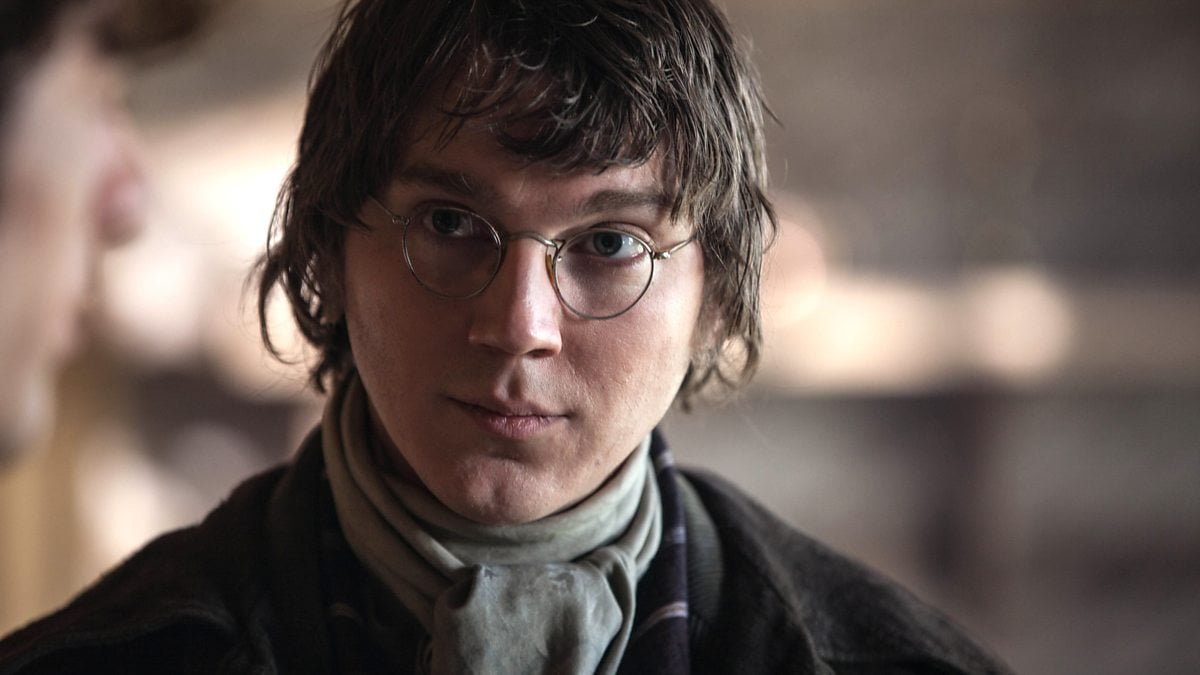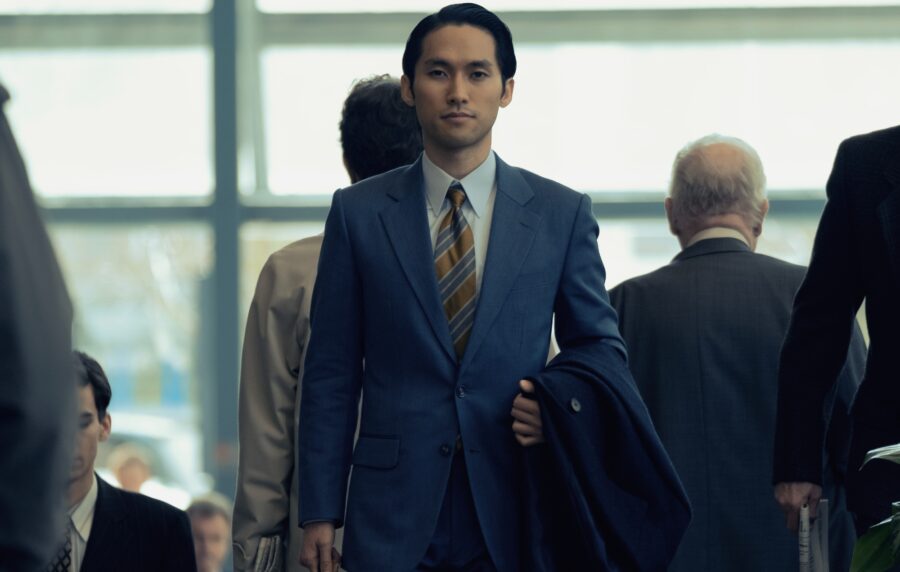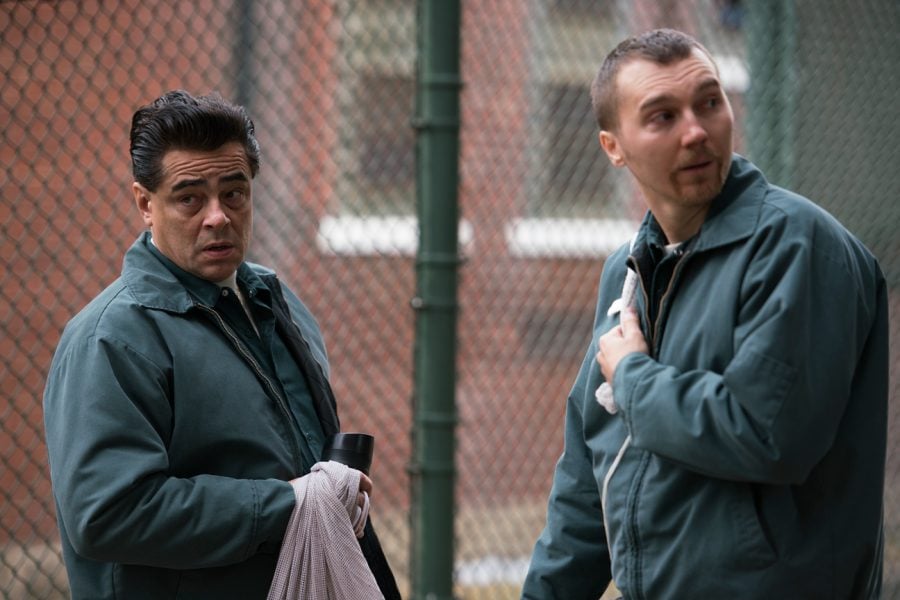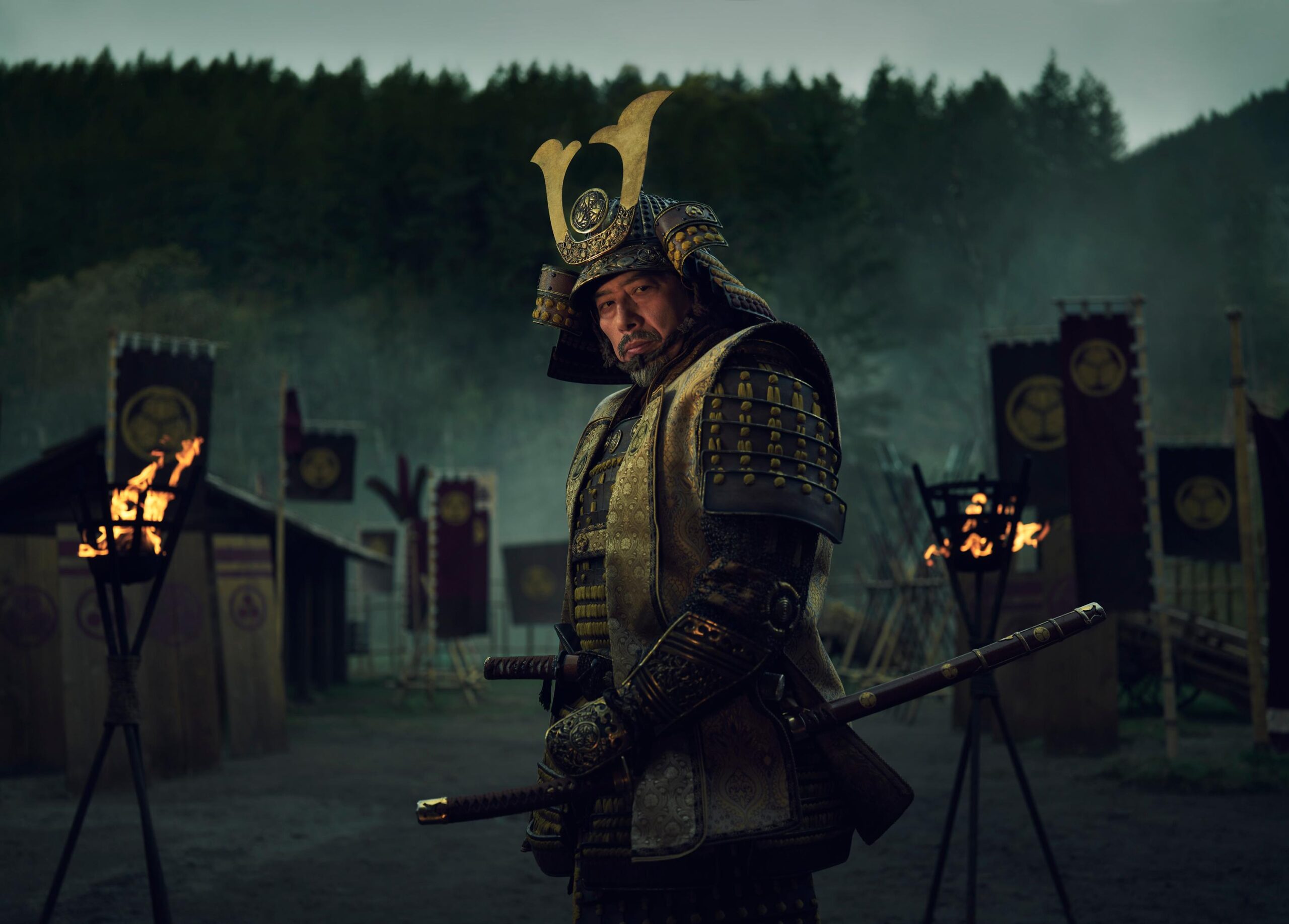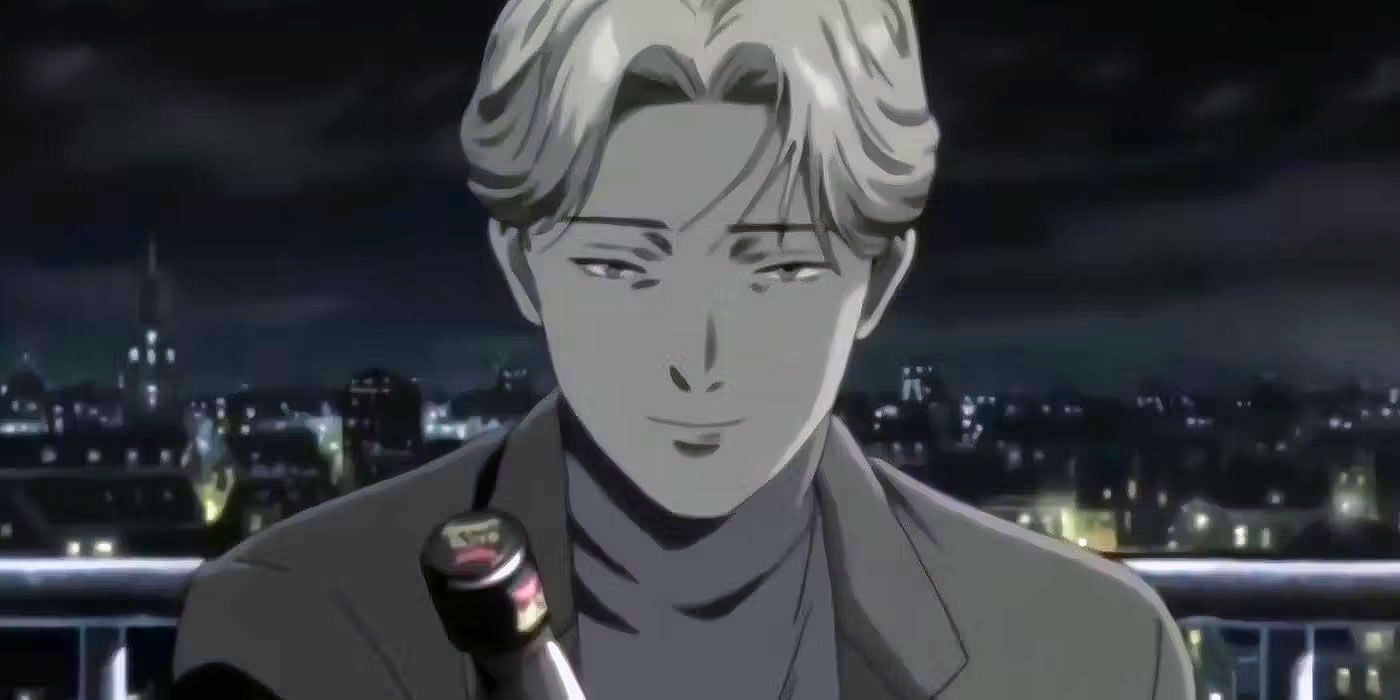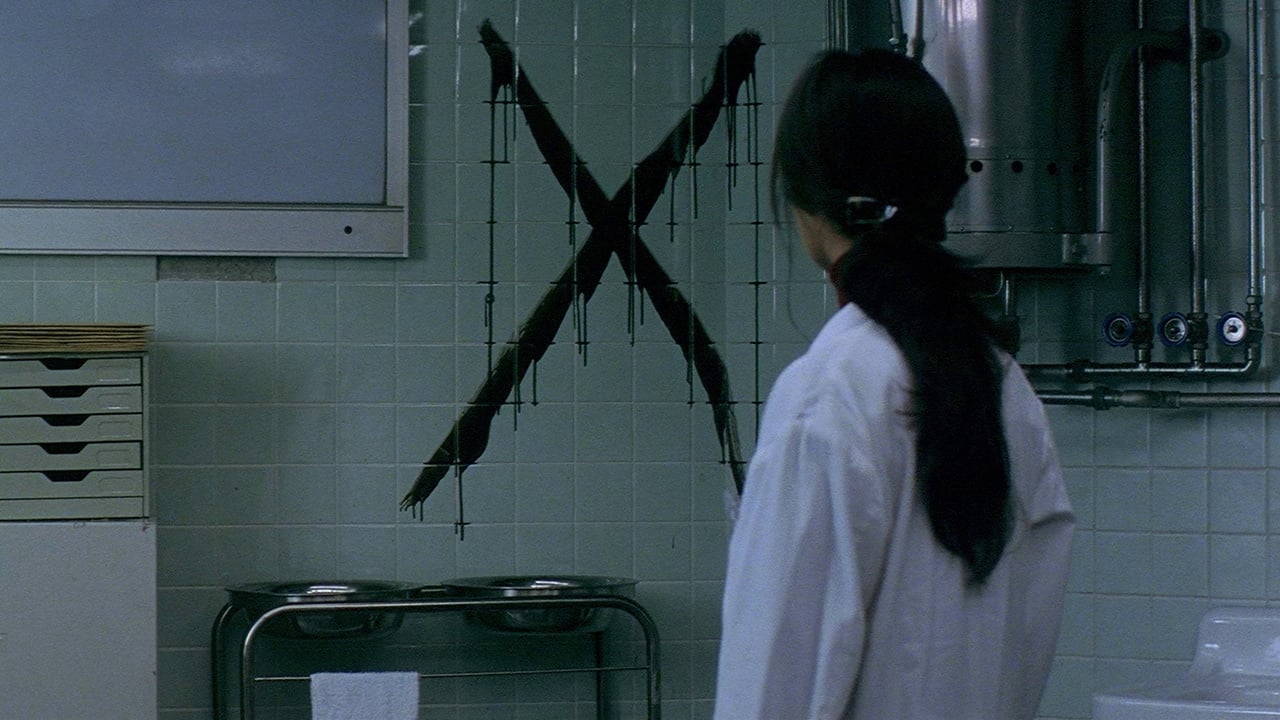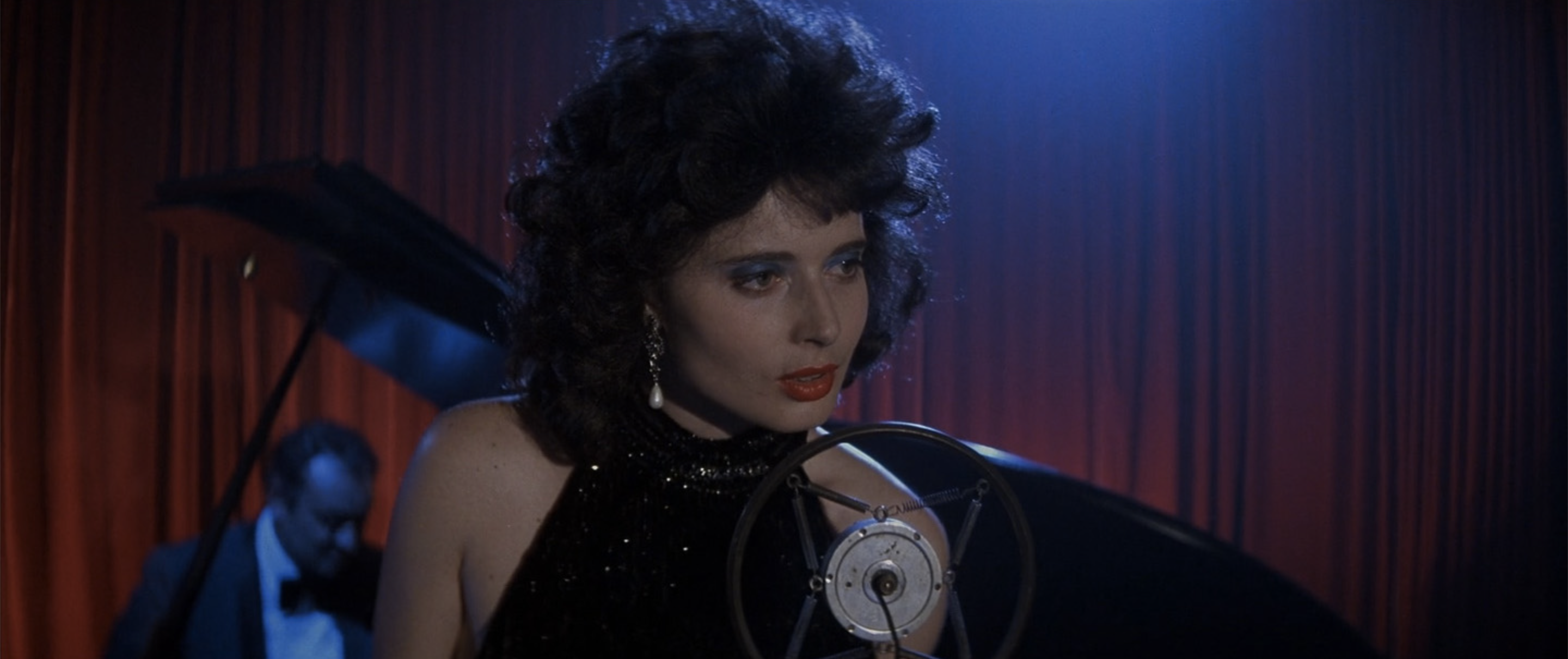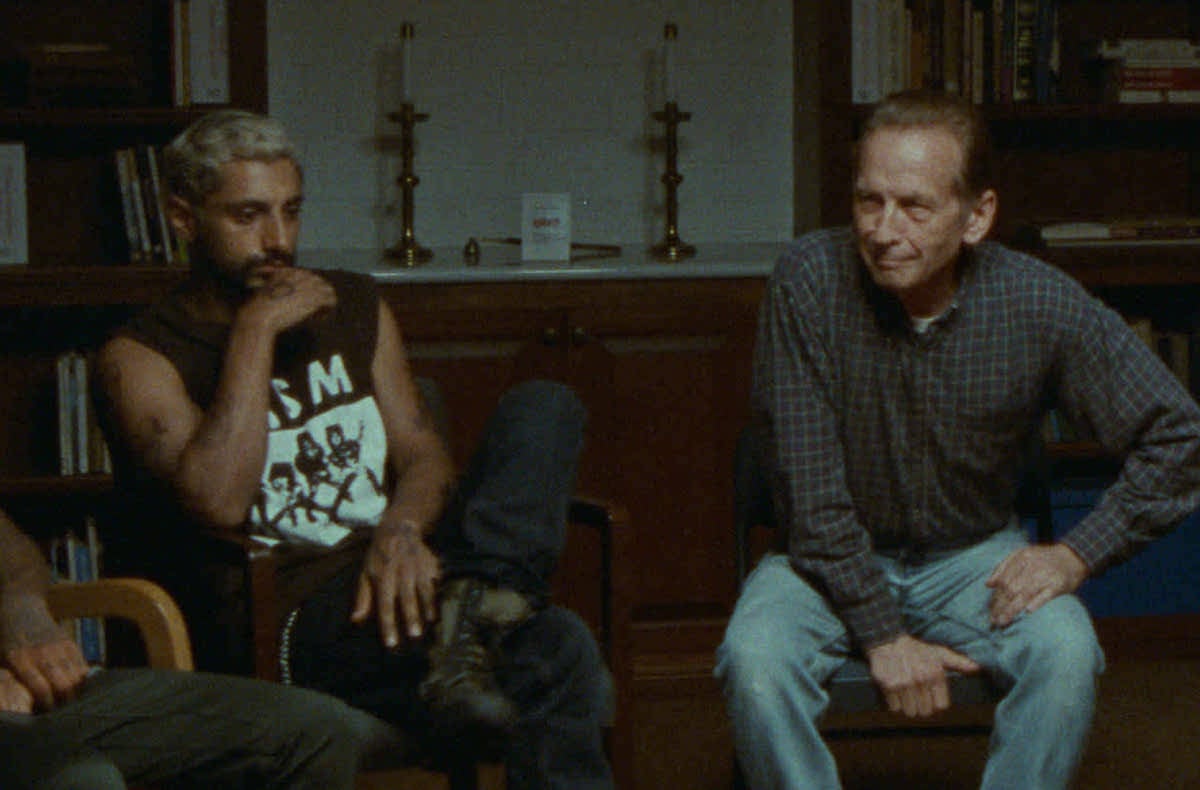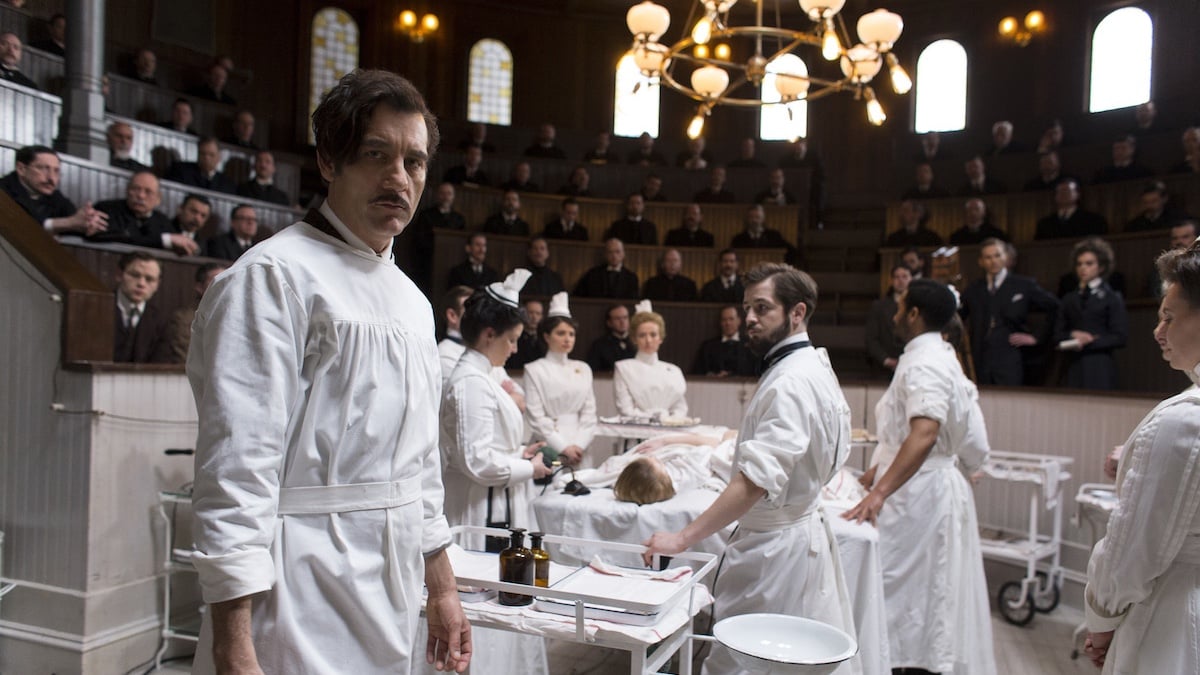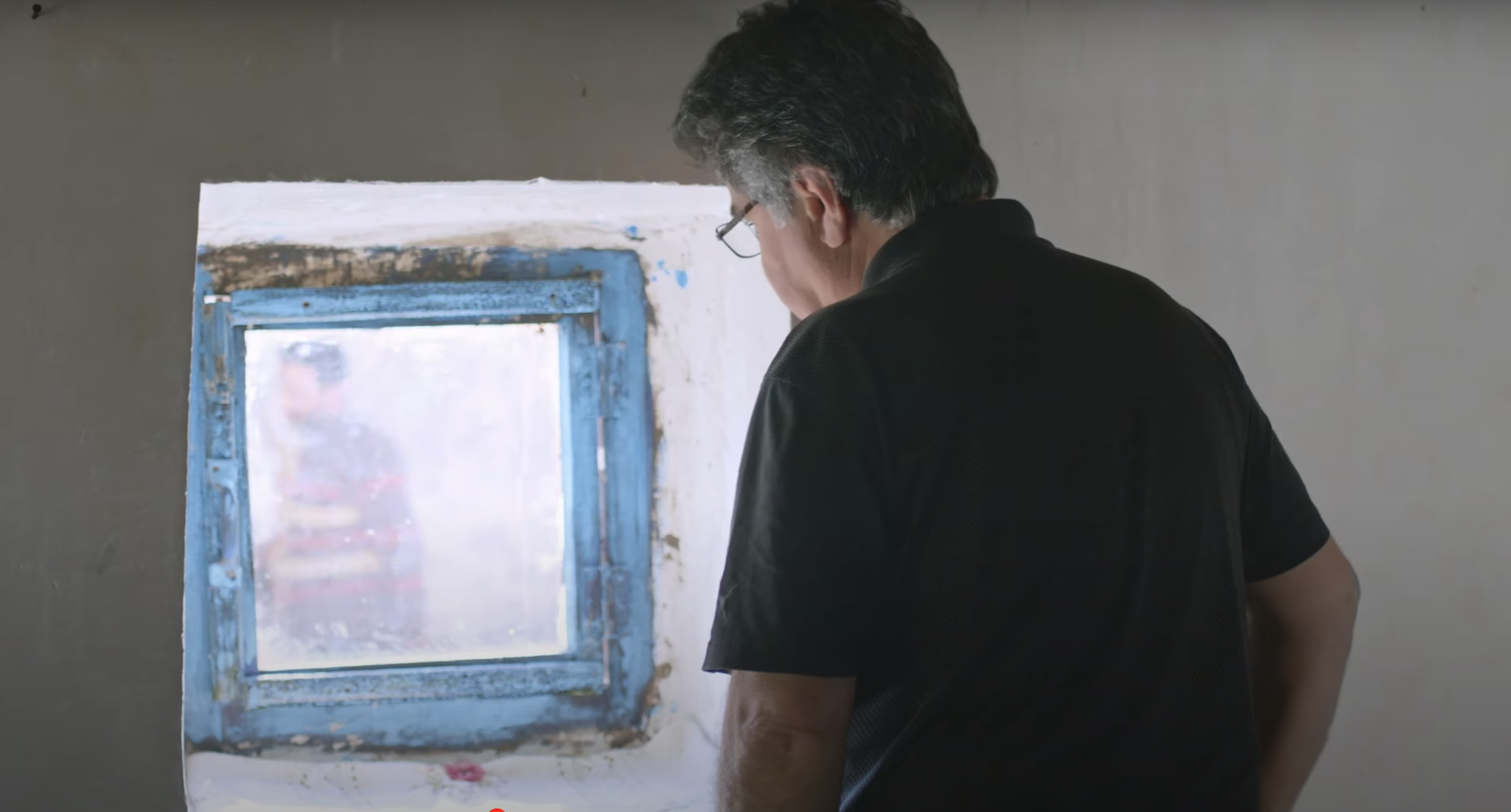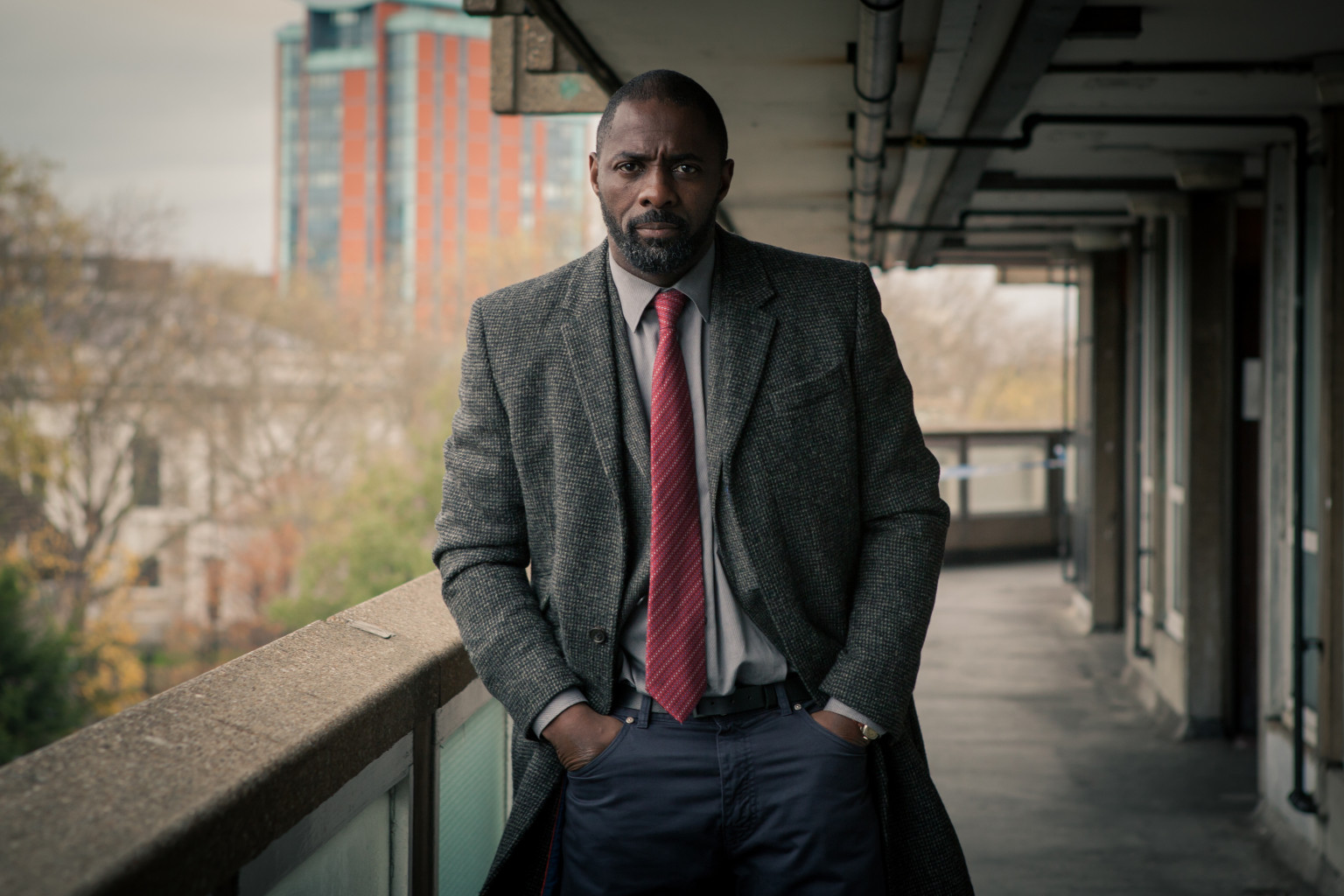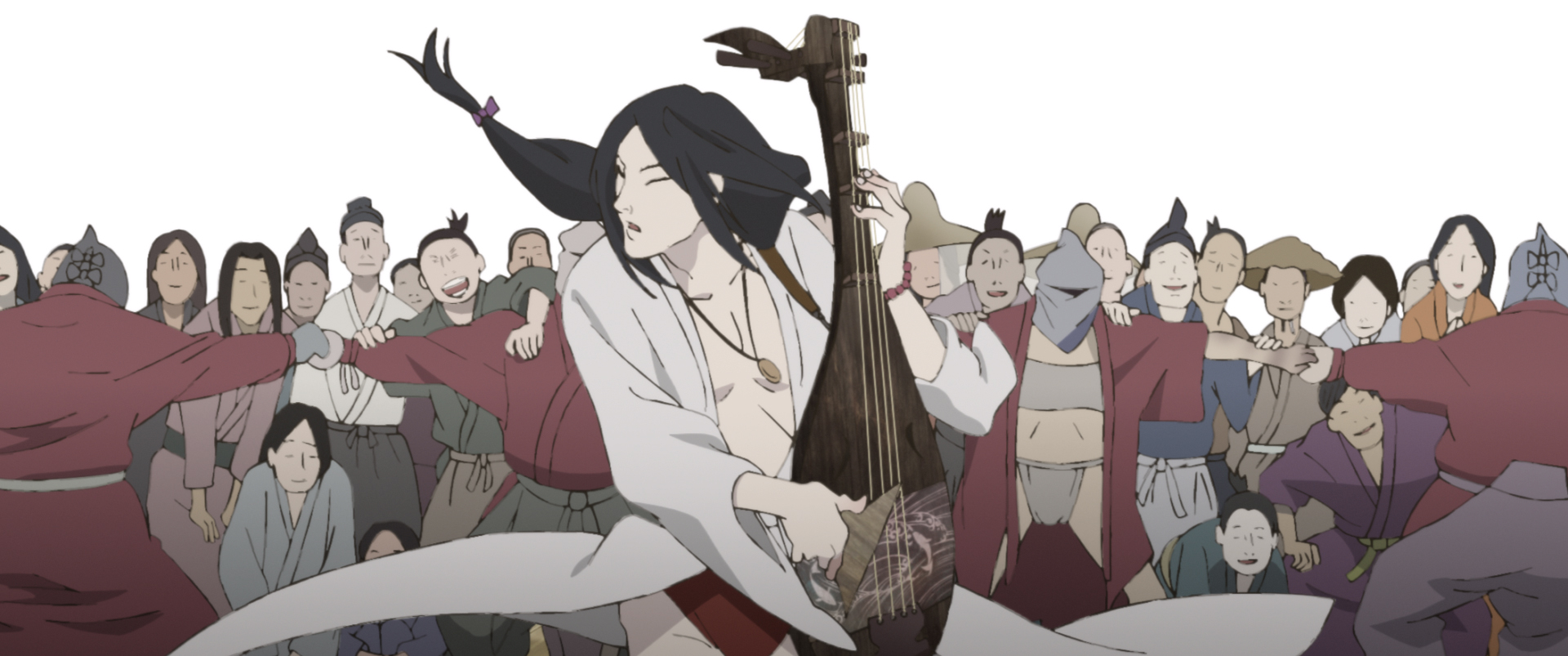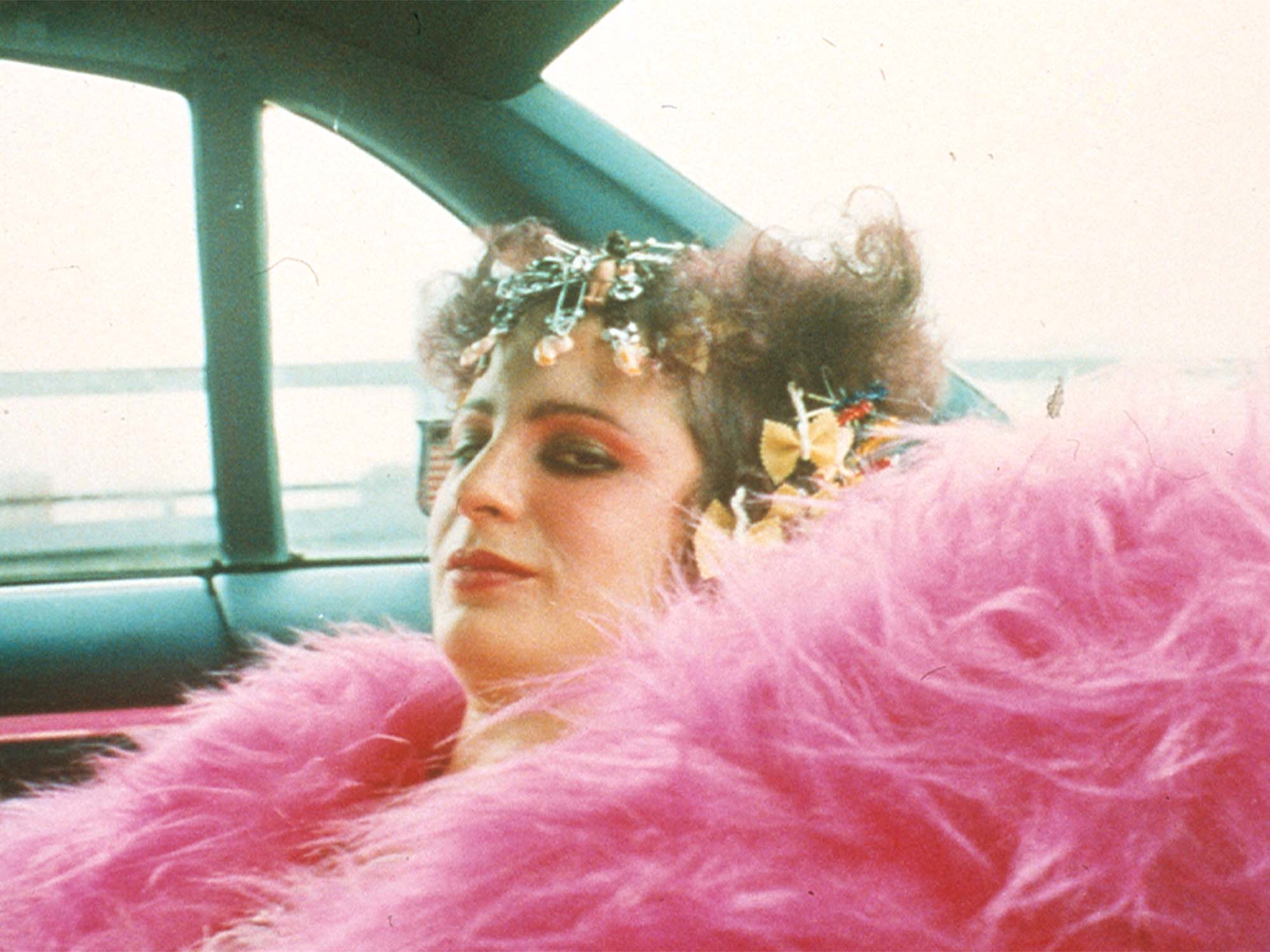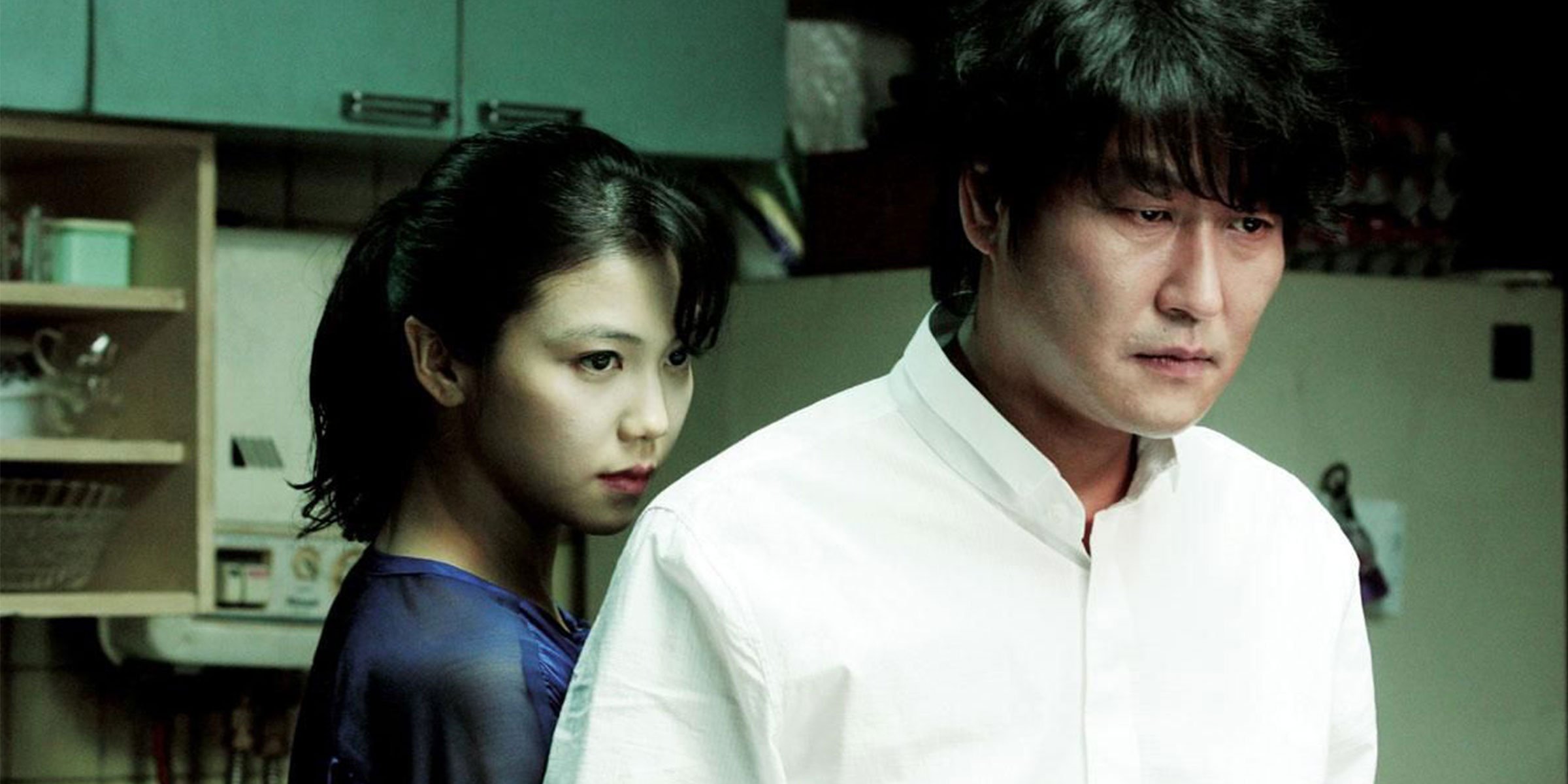Leo Tolstoy's most famous book, on which this was based, defies summarization but this powerful, sumptuous, and head-spinning BBC production might have done just that.
In 1805 St. Petersburg, the illegitimate son of the richest man in Russia (played by Paul Dano) finds himself at the center of his country's downfall as it faces another Napoleonic invasion. As it follows several interconnected characters, romance intertwines with war, tragedy, and greed.Directed by Tom Harper (Peaky Blinders), this series has it all: great acting, beautiful locations, and breath-taking action. It also stays true to the philosophical nature of the written material, capturing the glamour, deceit, and insanity of its time – as well as the sweeping scope of the original Tolstoy tome. This is TV of cinematic proportions!
Genre: Drama, Romance
Actor: Adrian Edmondson, Aneurin Barnard, Brian Cox, Gillian Anderson, Greta Scacchi, Jack Lowden, James Norton, Jessie Buckley, Jim Broadbent, Lily James, Mathieu Kassovitz, Olivia Ross, Paul Dano, Rebecca Front, Stephen Rea, Tom Burke, Tuppence Middleton

